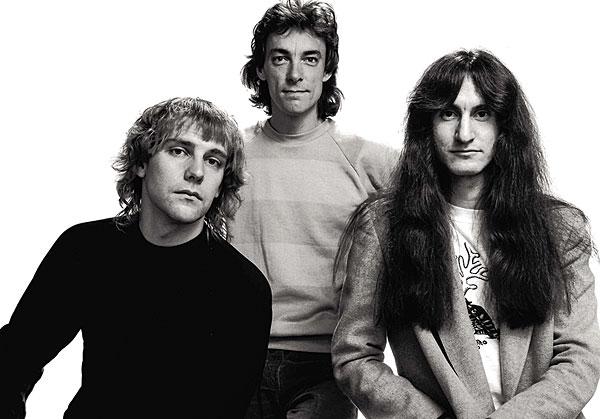Mike Mettler
|
Dec 02, 2015
|
Nov 27, 2015
|
Nov 25, 2015
|
Nov 11, 2015
|
Oct 30, 2015
|
Oct 28, 2015
|
Oct 08, 2015
|
Sep 25, 2015














